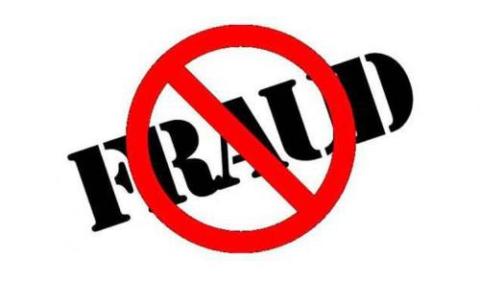
Before frauds can be detected and or prevented, there has to be a very strong fraud governance and framework in place. Without this important piece of governance, people who know of fraudsters, people who witness frauds, or witness unusual behaviour, patterns etc will not be able to convert these warning signals into fraud detection incidents. Written down policies and procedures make it so easy for all employee to understand what to expect and how to react in fraud situations. These policies lay down the expectation of the Board of Directors and Senior Management. The following are the governance structures that are essential to good fraud risk management programs. Board of Directors In today’s world, the Board has to set the tone for every governance and business management element. This includes fraud risk management. The Board should understand the fraud risk profile of the company. The board needs to maintain oversight on the fraud program and specifically the fraud risk assessment elements. Audit Committees An audit committee of the board that is committed to a proactive approach to fraud risk management maintains an active role in the oversight of the organization’s assessment of fraud risks and uses internal auditors, or other designated personnel, to monitor fraud risks. Such a committee also provides the external auditors with evidence that the committee is committed to fraud risk management and will discuss with the external auditor the auditors’ planned approach to fraud detection as part of the financial statement audit. Senior Management Senior management execute the fraud risk programs and routinely review and monitor the fraud profiles across various business functions. The senior management has the most important role to play in the fraud risk management and needs to ensure that the Board’s oversight responsibilities are adequately executed across the company. Internal Audit Internal auditing should provide objective assurance to the board and management that fraud controls are sufficient for identified fraud risks and ensure that the controls are functioning effectively Staff All staff are responsible for managing frauds and should read and understand policies and procedures (e.g. the fraud policy, code of conduct, and whistleblower policy), as well as other operational policies and procedures, such as procurement manuals.
